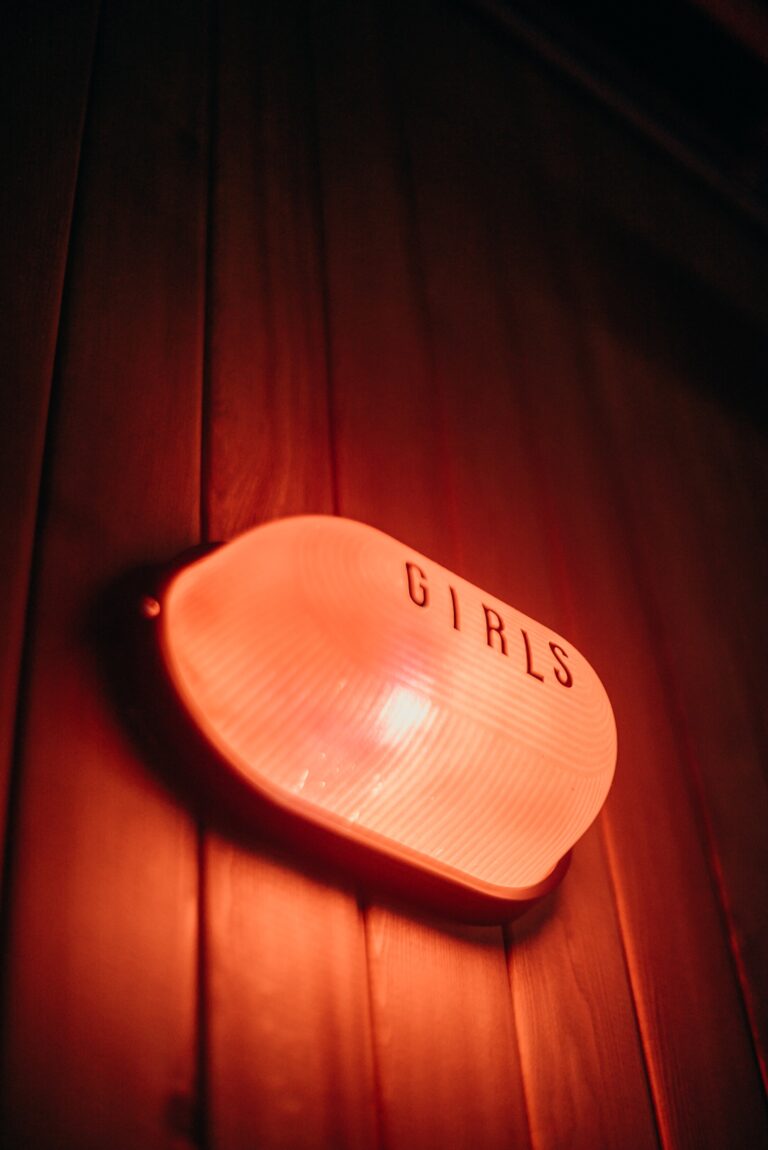Is Prostitution Legal in Northern Ireland?
In Northern Ireland, the act of prostitution itself is not illegal. However, many activities related to prostitution, such as soliciting, brothel-keeping, and purchasing sex, are considered criminal offenses. The laws surrounding prostitution in Northern Ireland have been subject to significant changes in recent years, particularly with the introduction of the Human Trafficking and Exploitation (Criminal Justice and Support for Victims) Act (Northern Ireland) 2015.
What Are the Laws, Penalties, and Law Enforcement Practices Related to Prostitution?
The key laws and penalties related to prostitution in Northern Ireland include:
- Soliciting: It is illegal to solicit in a public place for the purpose of offering or obtaining sexual services. This offense can lead to a fine of up to £1,000.
- Brothel-keeping: Operating, managing, or assisting in the management of a brothel is a criminal offense. Those found guilty can face up to seven years imprisonment.
- Purchasing sex: Under the 2015 Act, it is illegal to pay for sexual services. This offense can result in a fine of up to £1,000 for a first offense and up to £5,000 for subsequent offenses.
- Human trafficking: The 2015 Act also introduced new offenses related to human trafficking for sexual exploitation. Offenders can face up to life imprisonment.
Law enforcement practices in Northern Ireland have evolved in response to the changing legal landscape. Police have increasingly focused on targeting the demand for prostitution, such as through operations targeting those who seek to purchase sex. Additionally, law enforcement agencies work closely with support organizations to help identify and assist victims of human trafficking and sexual exploitation.
How is Prostitution Referred to Locally in Northern Ireland?
Prostitution is often referred to using various terms and phrases in Northern Ireland, such as sex work, escort services, or adult services. The language used to discuss prostitution can reflect differing perspectives on the issue, with some advocating for the recognition of sex work as a legitimate form of labor, while others argue that it is inherently exploitative and harmful.
What is the History of Prostitution in Northern Ireland?
Prostitution has a long and complex history in Northern Ireland. In the early 20th century, Belfast was known as a major center for prostitution in the United Kingdom, with numerous brothels operating throughout the city. Over time, public attitudes towards prostitution have shifted, and various legal measures have been introduced to address the issue. The most significant change in recent years has been the introduction of the 2015 Act, which sought to address concerns about human trafficking and sexual exploitation by criminalizing the purchase of sex.
Where Can I Find Helpful Links, Government Laws, and Resources on Prostitution in Northern Ireland?
For further information on the laws and resources related to prostitution in Northern Ireland, consider the following links:
- Human Trafficking and Exploitation (Criminal Justice and Support for Victims) Act (Northern Ireland) 2015
- Police Service of Northern Ireland (PSNI) – Vice and Human Trafficking Unit
- Department of Justice (Northern Ireland) – Human Trafficking and Modern Slavery
- NSPCC – Child Trafficking
- Women’s Aid Northern Ireland
- Migrant Help – Trafficking and Exploitation
Understanding the laws, penalties, and enforcement practices related to prostitution in Northern Ireland is crucial for promoting informed public discourse on this complex and controversial issue.

My acquaintance recently visited Northern Ireland and was perturbed to discover that the engagement of prostitution is illegal. Whilst they were aware that this was the stance of the Northern Irish government, they were still surprised to find that even the solicitation of such activities is prohibited. As such, they were met with a significant amount of trepidation when their colleague decided to remonstrate with a local law enforcement officer, who informed them that the criminalisation of such activities was in accordance with the law. This resulted in my acquaintance having to pay a hefty fine to avoid prosecution. In light of this experience, I would caution any potential visitors to Northern Ireland that they should be cognizant of the legal ramifications associated with prostitution and take appropriate measures to ensure they are not in breach of the law.